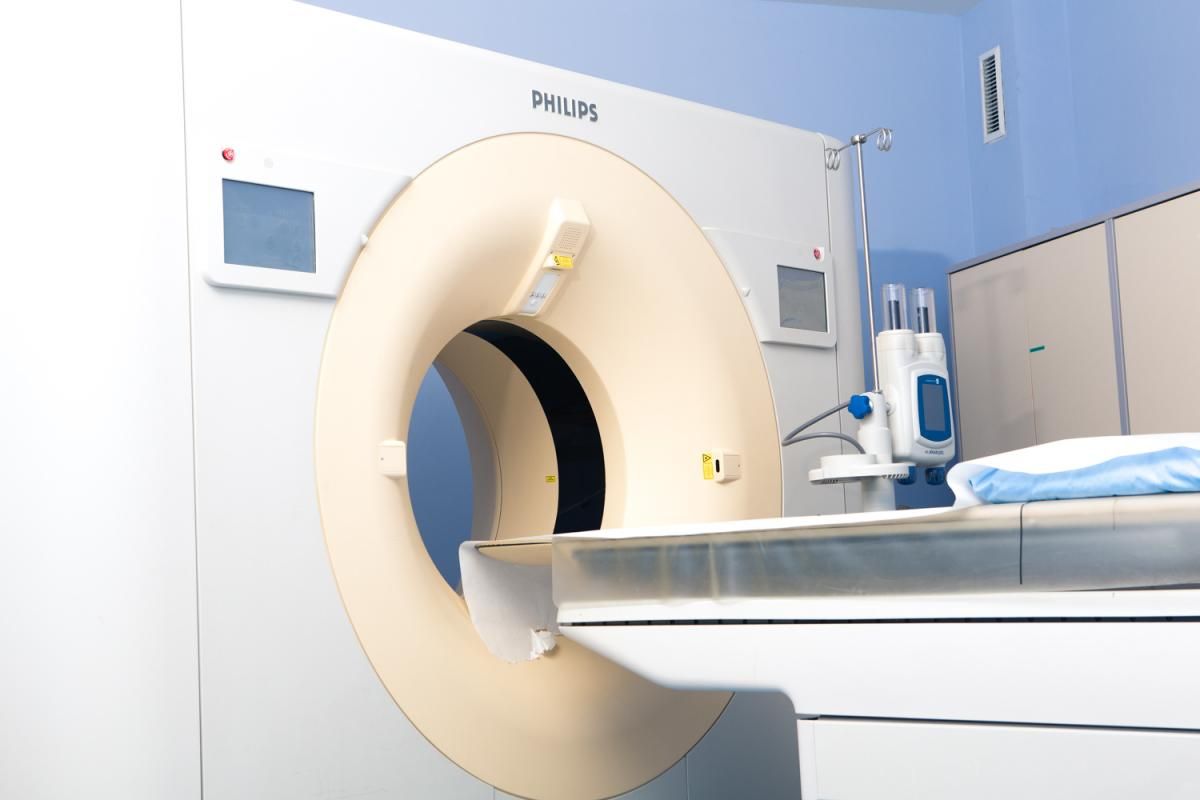Meningitis is an inflammatory illness that affects the membranes that cover the brain. There are many infections that can cause meningitis. Depending on the causative agent, meningitis can be viral or bacterial. It is important to determine as early as possible the causative agent of the illness. Bacterial meningitis can be severe and lead to permanent damage to the nervous system, and is sometimes fatal. Viral meningitis usually has a more favorable outcome and does not harm the patient.
Meningitis Symptoms
- Fever.
- Headache.
- Stiff neck, inability to tilt the head to the chest (known as the meningeal sign).
- Nausea and vomiting.
- Altered consciousness (drowsiness, confusion, loss of consciousness).
- Sensitivity to light.
In newborns, meningitis may have the following features:
- Feeding difficulties (poor sucking, vomiting).
- Diarrhea.
- Bulging fontanelle.
- Unusual lethargy, drowsiness.
- An unclear clinical picture, lack of reliable meningeal symptoms.
What should you do if you suspect your child has meningitis?
Meningitis is a medical emergency. You should immediately consult a doctor and receive treatment in a hospital.
 Diagnosis of meningitis
Diagnosis of meningitis
- Blood tests.
- Lumbar puncture: a procedure in which a small amount of the cerebrospinal fluid (CSF) which surrounds the brain and spinal cord is extracted through a small puncture in the lumbar region. The composition of this fluid changes in meningitis and by the characteristics of these changes the doctor can determine the cause of illness.
- CT scan. In meningitis some changes in the brain can be diagnosed only by CT scan.
The Children's Clinic at EMC has everything necessary to provide a quick and reliable diagnosis of meningitis: our own round-the-clock clinical diagnostics laboratory, and a round-the-clock tomography complex, where, if appropriate, children may undergo studies with sedation under the supervision of experienced anesthesiologists. If hospitalization is necessary for workup and treatment, the clinic has its own hospital. There are comfortable inpatient rooms for both the patient and a parent, modern original medications, individual menus, 24-hour nursing care, and a friendly and comfortable atmosphere is created during the hospital stay (play areas and an outside playground); all contributing to a rapid recovery.
How is meningitis treated?
Bacterial meningitis is treated with antibiotics, which are normally administered intravenously. Additionally, drugs are given to maintain vital functions, for example, to normalize blood pressure. In many cases, hormones are used as they can prevent permanent hearing loss after bacterial meningitis.
Viral meningitis is not treated with antibiotics, as antibiotics have no effect on viruses. Treatment consists of rest and quiet, lots of fluids to drink (or intravenous fluid administration) and symptomatic treatment (medicines for headache, etc.).
Establishing the exact nature of the disease can take several days. This is a forced delay, so the doctor usually prescribes antibiotics immediately, without waiting for test results. This is done based on the possible presence of bacterial meningitis, as it would be dangerous to delay treatment until confirmation of the diagnosis. If the bacterial nature of the disease is not confirmed, antibiotics are discontinued.
Is meningitis contagious?
Bacteria and viruses can be transmitted from person to person, so this danger exists.
Is it possible to prevent meningitis?
With vaccination. Very widespread meningitis is caused by meningococcus (Neisseria meningitidis) and Haemophilus influenzae. The Children's Clinic at EMC uses certified European vaccines for reliable protection against meningitis. One of the vaccines is MENAKTRA from Sanofi Pasteur (US), which is a modern 4-valent conjugate meningococcal vaccine and has 10 years of experience in clinical use. It is the only reliable and safe protection against meningococcal strains A, C, Y and W in children over the age of 9 months.
Infection prevention: avoid contact with sick people, practice hand hygiene, use individual dishes, cutlery and personal care products.
In case of contact with sick people, patients are sometimes prescribed antibiotics. This can be done only by a doctor and only when necessary. Self-medication and uncontrolled use of medications can be more dangerous than the illness.